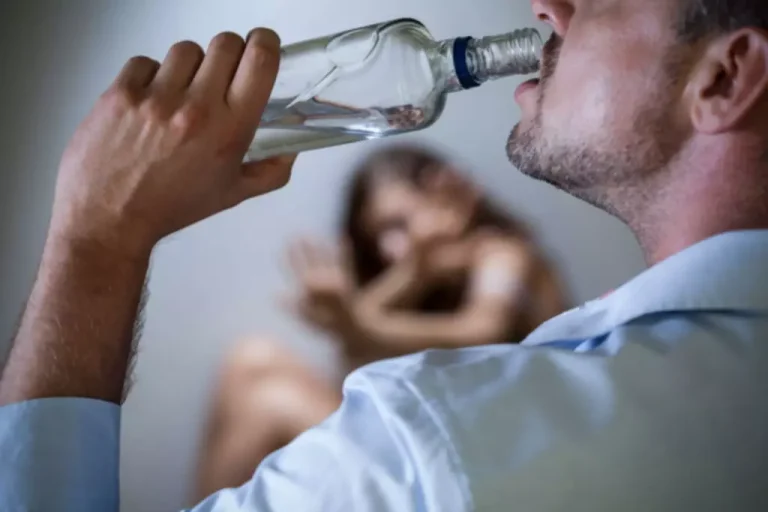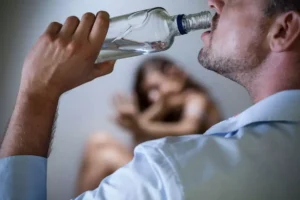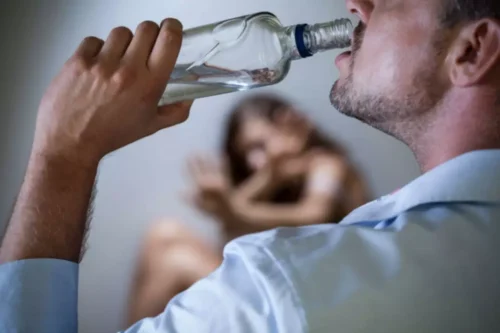
Symptoms are often at their worst around 24 to 72 hours after you stop drinking. Mild withdrawal symptoms often begin within 6 to 12 hours after your last drink. According to the Centers for Disease Control and Prevention (CDC), the age-adjusted rate of alcohol-induced deaths increased by 26%, from 10.4 per 100,000 population in 2019 to 13.1 in 2020. This statistic emphasizes the critical need for effective detoxification and treatment programs to combat the escalating impact of excessive alcohol use. Heavy drinkers who suddenly decrease or stop drinking altogether may experience withdrawal symptoms. They are potentially dangerous and should be treated as a serious warning sign that you are drinking too much.
What are the stages of alcohol withdrawal?
- Alcohol withdrawal usually starts within 8 hours after the last drink but can occur days later.
- Alcohol detox is important because it improves safety, prevents life-threatening withdrawal symptoms, and prepares individuals for long-term recovery.
- People who experience severe withdrawal symptoms or DTs may require hospitalization or intensive care unit (ICU) treatment during alcohol.
Prior to beginning detox, an assessment will occur to help determine the severity of the addiction and which detoxification method would be most effective. While medical detox is https://ecosoberhouse.com/ the most widely adopted method for detoxification, some people may benefit from social detox. It’s important to know that detoxing at home comes with a host of risks that may prove to be dangerous and even life-threatening, particularly with substances such as alcohol. While detoxing in a medical setting is the safest way to endure the withdrawal process, some people may wish to try at-home detox for privacy, comfort, and lower cost. If you’re considering a break from alcohol, it might also be helpful to think about why you drink.
Alcohol Withdrawal Symptoms: Timeline and Detox

Even after three to six months, you alcohol detox side effects may experience some physical and psychological withdrawal symptoms, such as irritability, mood swings, and insomnia. Your physical and psychological cravings for alcohol may increase, though, and you may find yourself missing the daily effects of alcohol. The medications used for alcohol detox are benzodiazepines, anticonvulsants, and naltrexone.

Do Mental Health Disorders Affect Your Withdrawal Symptoms?
Detox is a crucial first step, as it allows the body to rid itself of the physical dependence on alcohol. However, to maintain sobriety and prevent relapse, individuals must engage in ongoing treatment and therapy. The alcohol withdrawal timeline typically occurs over 12 to 72 hours and progresses in stages. The first symptoms usually begin to show up about 12 hours after the last drink.
This is temporary, and will get better in time as your body adjusts to the lack of alcohol in your body. The discomfort of withdrawal during an at-home alcohol detox may be alleviated somewhat through a nutrient-rich diet, proper hydration, and other home remedies. Alcohol withdrawal can begin to set in within six to 12 hours after a person’s last drink, and last for anywhere from two to 10 days.


Getting off a benzodiazepine drug may require a gradual tapering or detoxification program, in order to prevent serious and potentially dangerous withdrawal symptoms. The detoxification process may cause physical sickness, as well as symptoms such as anxiety, difficulty sleeping, drug cravings, and other symptoms that can vary by substance type. Drug and alcohol detoxification is a process that is necessary for anyone who has become physically dependent on a substance. A strong support network is essential in preventing relapse in the months and years following the completion of a substance abuse treatment program. Outpatient care allows for more flexibility in where a client lives and how much time they spend in therapy. There are several ways you can support yourself through the detox process that can help alleviate withdrawal symptoms and build a strong foundation for continued treatment.
Inevitably, the result of so many setbacks is a higher risk of continued future misuse of alcohol and an even more dangerous relationship with the substance. Our online health insurance verification system will estimate your in-network and out-of-network deductibles, coinsurance percentages and out-of-pocket maximums. Within 5 minutes, you’ll receive an email with these details – free of charge.
- “After a few months, the brain will begin to return to health,” says Dr. Abramowitz.
- Addiction Resource team has compiled an extensive list of the top drug rehabilitation facilities around the country.
- When alcohol use ends, the brain’s chemical balance is disrupted, which results in the negative physical and mental symptoms of alcohol withdrawal.
- This is because alcohol can cause depression, anxiety, and other mental health problems.
- In addition, vitamin supplements may be given to replace essential vitamins that are depleted by alcohol use.
However, prolonged alcohol consumption damages the liver, slowing down its ability to process alcohol and other toxins efficiently. Factors that affect the duration of alcohol detox are individual health conditions, drinking history, and the type of detox program. The detox process varies from person to person, with some experiencing withdrawal symptoms for a few days while others take longer to recover. Medications help alcohol detox by reducing withdrawal symptoms such as anxiety, seizures, and cravings, making the process safer and more manageable.
- Peak withdrawal, occurring within hours, is the most intense stage, with severe symptoms such as tremors and seizures.
- Combining detox with therapy, support groups, and rehabilitation programs significantly improves long-term recovery outcomes.
- Alcohol detox works by allowing the body to metabolize and eliminate alcohol while adjusting to its absence.
- Incorporating relaxation techniques, such as yoga and meditation, can also make the recovery journey easier.
- However, sleep disturbances, irritability, and fatigue may continue for months.
- In some cases, withdrawal leads to life-threatening complications like seizures or delirium tremens (DTs).
The alcohol withdrawal timeline can vary, and how long it takes to get alcohol out of your system depends on how long you’ve been drinking and your overall health. Amphetamine detox programs may offer support for amphetamine withdrawal and connect individuals with a follow-up drug rehab program for substance misuse. Alcohol abuse, or a pattern of problematic drinking, can lead to severe alcohol dependence, which will require a detox program to safely overcome. Medically monitored detox involves medical professionals overseeing the process and administering medications to manage uncomfortable or dangerous withdrawal symptoms. There are a range of side effects that may occur as the body adjusts to the absence of a substance.
The early warning signs that alcohol detox is becoming dangerous are alcoholism symptoms severe seizures, hallucinations, and confusion. These symptoms indicate that withdrawal is progressing beyond typical discomfort and leads to delirium tremens or other life-threatening complications, requiring immediate medical attention. The common side effects of alcohol detox are anxiety, insomnia, and nausea.